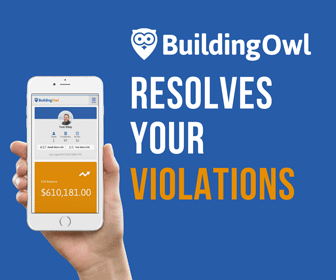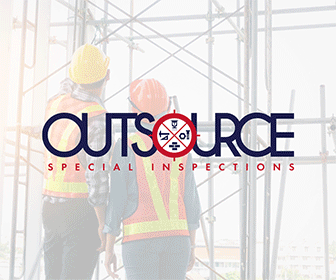
I know that I want to work in the construction industry, but I am not sure what type of career or how to get started. Can the experts help with this?
We are excited about your interest in our industry! The construction industry is the second largest employer in the United States, following the combined government and armed forces, and it’s a good time to get in on the ground floor. With the gradual re-opening of the country underway at the time of this writing, the industry is sure to experience a boom in the near future, increasing the number of jobs.
But how do you begin to chart a career path and gain experience in construction careers? Here are some tips and tricks on how to get started.
Why Construction is a Great Career
While we noted the expected industry boom above, all industries have their cycles of ups and downs. But certain perks and trends in the construction industry are sure to appeal to many prospective employees long term:
- Flexibility and mobility: There are a wide range of careers in this field, giving you a choice in how you want to work, whether indoors or outdoors, mental or physical/mechanical (or both). In addition, motivated individuals have many opportunities to advance into management and leadership positions with fewer obstacles.
- Technology: One growing trend in the construction industry, particularly for inspectors and on-site workers, is the rise of new high-tech tools like 3D printing, construction and management software, robotics, and even virtual reality. That plus the need to adopt greener energy and construction practices means people in the construction industry get to be at the forefront of some cool innovations that will shape the future in multiple ways.
- Little to no outsourcing of jobs: With a dependence on local codes and a need to be where the action is, construction industry jobs are often stable and difficult to outsource elsewhere. According to the Associated General Contractors of New York State, “Building schools, hospitals, bridges and roads all stay in the U.S. You can’t ship them [overseas].”
- Lower bar for entry: While some entry level positions in the industry will require (or at least prefer) some level of higher education, many will accept a high-school diploma or the equivalent along with experience and/or technical training. Some job programs will even help pay for schooling and/or training while you’re working. (More details below.)
Ways to Break into the NY Construction Industry
- Build skills and knowledge: Whether you are thinking of changing careers or don’t even have a resume yet, there are certain skills valued in the industry that you can begin developing now, such as math and science, tech, and teamwork.
- Take apprenticeships & internships: Apprenticeship and internship programs are a great way to work while learning from more seasoned professionals in your field-of-choice. However, please note: While internships are supplemental to education and a good way to test the waters, apprenticeships are more likely to lead directly into a career and further education, often requiring 20% off-the-job training.
- Start as a laborer or worker: For more trade-based careers, on-site laborer and worker jobs are a basic way to get your hands dirty and get paid for it with little to no experience or training required. Construction sectors like general contracting, carpentry, roofing, masonry, flooring, painting, and landscaping are open to these types of positions.
- Get some help: Look into local technical classes, as well as organizations like Building Skills New York, P2A Trades, and Nontraditional Employment for Women, for help finding programs and training that are right for you.
Paths to Consider
- Architecture: Help brainstorm the buildings and communities of the future.
- Engineering: Help make architects’ plans become a reality through practical analysis, design, and management.
- Construction: From electricians and metal workers to contractors and project managers, it takes many hands and many skillsets to create built environments.
- Inspection: Support the Building Code by determining if buildings are safely conforming to guidelines.
- Code Consultation: People with backgrounds in the preceding fields may choose to apply their hard-won knowledge of the Building Code by helping others more easily navigate the permitting and application process.
For more help developing your knowledge of the New York City Building Code, please subscribe to the Decoder NY newsletter, where we discuss all the latest developments in New York construction.








